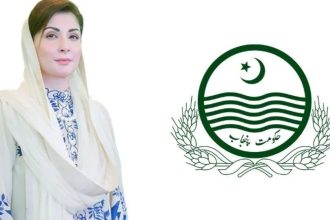On May 22, 2025, a leading automobile expert debunked expectations of vehicle price reductions in Pakistan’s upcoming federal budget for FY2025- 26, dismissing annual speculation that rarely comes to fruition. The expert warned that proposed fiscal measures, including a carbon tax and higher petroleum levy, will likely increase consumer costs, while regulatory duty reductions would primarily benefit luxury vehicle buyers.
The expert highlighted that only tax cuts on locally manufactured vehicles could ease the burden on average Pakistanis. Unless the government lowers taxes on domestic production, the everyday consumer will see no relief. Proposed reductions in regulatory duties would mainly favour imported luxury cars, leaving prices of locally produced models unchanged. The expert also cautioned against lifting import restrictions, arguing that current economic conditions make it an inopportune time to relax the ban on imported vehicles. Instead, the government should prioritise supporting the local auto industry by reducing its tax load.
IMF’s Fiscal Reform Demands
The International Monetary Fund (IMF) recently engaged in virtual discussions with Pakistan’s provincial governments to shape the 2025-26 fiscal budget, urging provinces to reduce reliance on federal funding for development projects under the Public Sector Development Programme (PSDP). The IMF proposed that provinces independently generate resources by implementing an income tax on agricultural earnings above Rs600,000 annually starting July 1, 2025, with no exemptions. These reforms aim to enhance fiscal sustainability, but could further strain consumers already facing potential increases in fuel and vehicle-related costs.
The proposed carbon tax and petroleum levy hike, part of broader budget negotiations, will likely raise living costs for Pakistanis, particularly impacting daily commuters and vehicle owners. The expert emphasised that these measures “will haunt the everyday consumer,” as they disproportionately affect middle- and lower-income households. Pakistan’s auto industry, a key economic driver, faces challenges balancing growth with affordability, especially as global supply chain issues and import tariffs persist.
To bolster the domestic auto sector, the expert advocated for policies that incentivise local manufacturing, such as tax reductions and investment in production capacity. Strengthening the industry could stabilise vehicle prices and create jobs, offering long-term economic benefits. As budget discussions continue, stakeholders await clarity on how the government will address these fiscal and industry challenges.






